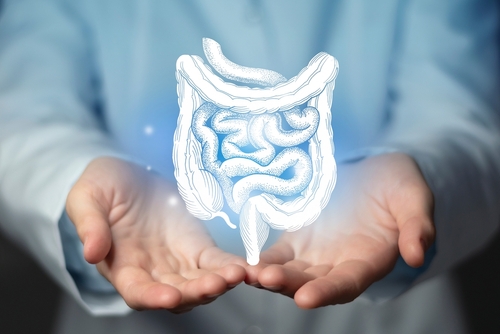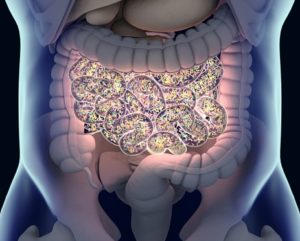Ulcerative colitis (UC), a type of inflammatory bowel disease (IBD), is a chronic condition characterized by inflammation and ulceration of the colon and rectum. While its exact cause remains unclear, disrupted immune responses and imbalances in the gut microbiome are believed to play central roles in its development. Traditional treatment options often come with limitations and side effects, prompting growing interest in alternative therapies. Among these, probiotics—beneficial bacteria with multiple health-promoting functions—have emerged as promising candidates due to their ability to regulate immune responses and restore microbial balance in the gut.
This article focuses on the underlying pathogenesis of UC, particularly the roles of immune dysregulation and microbiome imbalance. It also highlights recent laboratory, animal, and clinical research supporting the use of probiotic strains—especially Lactobacillus species—in alleviating UC symptoms. These studies demonstrate how probiotics can help reduce inflammation, enhance intestinal barrier function, and rebalance gut flora, either as standalone treatments or as adjuncts to conventional therapy.
Reference: Rezaei S, Ghorbani E, Al-Asady AM, et al. Evaluating the Therapeutic Efficacy of Lactobacillus Strains in the Management of Ulcerative Colitis: An Overview of Recent Advances. Curr Pharm Des. 2025;31(6):413-421. doi: 10.2174/0113816128322653240925115114. PMID: 39385420.









